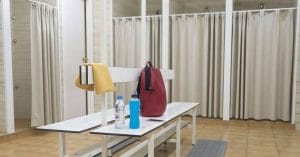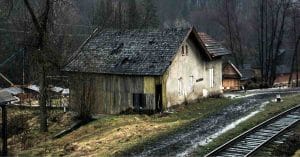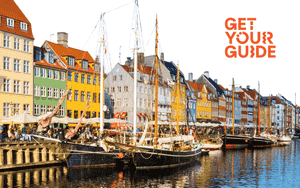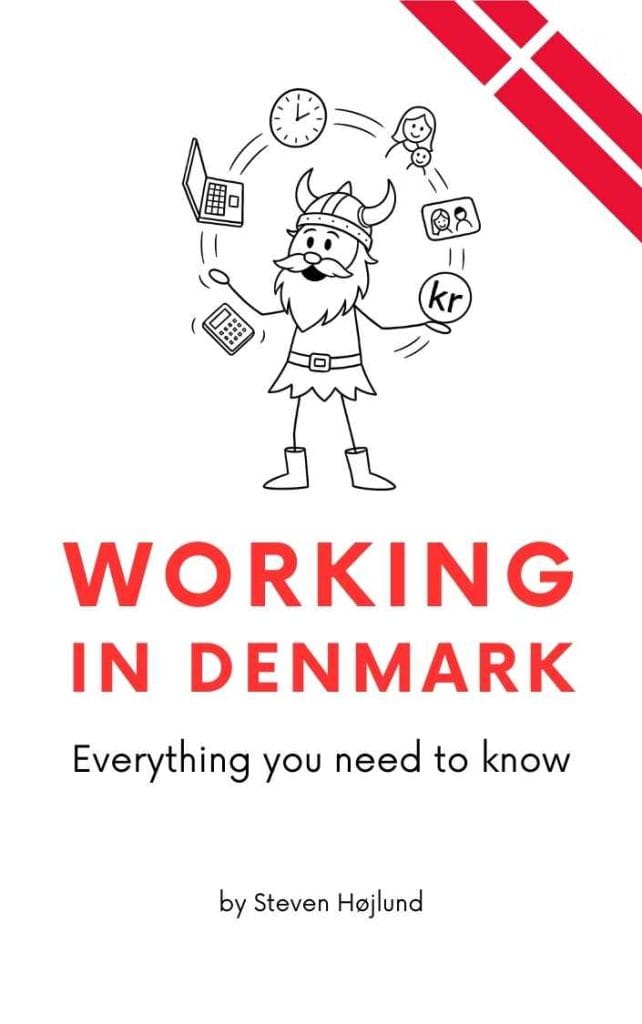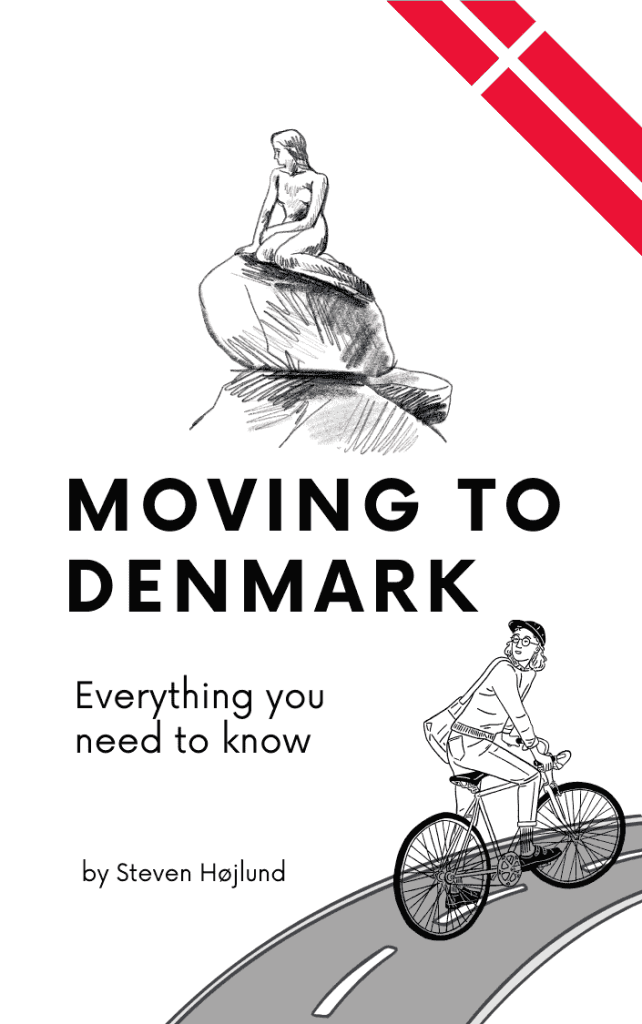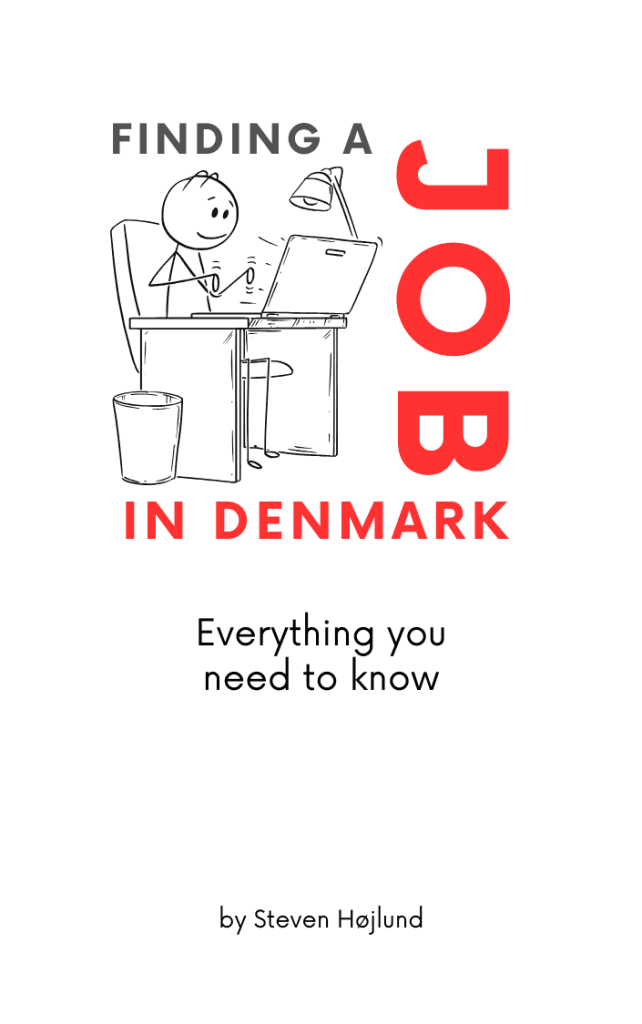A new community food market in Aarhus, Denmark, is reconnecting consumers with local farmers through direct trade, aiming to bolster small-scale and regenerative agriculture while reducing food waste.
New Direct-to-Consumer Food Market Takes Hold in Aarhus
A new grassroots food initiative is gaining momentum in Aarhus, Denmark, transforming how residents access fresh produce. The local food market, known as REKO Aarhus, operates through a Facebook group where customers pre-order directly from small-scale producers. It removes traditional retail intermediaries and promotes local, sustainable agricultural practices.
Each month, local farmers and food artisans gather to meet with consumers for direct product exchange. Without the overhead of supermarkets or distributors, producers retain a larger share of the profit, while consumers enjoy fresh goods at fair prices.
Empowering Small-Scale and Regenerative Agriculture
Many of the farms involved in REKO Aarhus operate under regenerative farming principles, which aim to restore soil health, promote biodiversity, and increase carbon sequestration through sustainable land management. This practice offers a compelling alternative to industrial agriculture while delivering high-quality products.
Through the REKO model, these producers can more easily reach customers, bypassing barriers that might otherwise favor larger agribusinesses. This is particularly valuable in Denmark, where small farms make up a sizable portion of the nearly 37,000 agricultural holdings currently operating across the country.
A Simple System for a Complex Problem
The REKO model,short for “rejäl konsumtion,” or “fair consumption” in Swedish, relies on digital platforms like Facebook for customer interaction. Customers place pre-orders ahead of time, allowing farmers to plan harvests and reduce food waste. While pre-ordering is encouraged for logistical reasons, walk-ins are also welcome at the market, held monthly at Mejlgade 53 in central Aarhus.
This direct trade model offers multiple advantages. Producers can reduce guesswork and food overproduction, while consumers receive in-season, locally grown produce directly from the grower. The reduced transport chain also decreases the environmental footprint compared to conventional food distribution.
Foundations for Expansion
Following its success in Aarhus, the REKO team is exploring expansion to nearby cities such as Silkeborg. A practical handbook is currently in development to help other communities establish similar markets. The guide will outline best practices and common challenges involved in managing these direct-to-consumer systems.
One future vision for REKO Aarhus includes establishing an unmanned drop-off and pick-up point for greater flexibility. This hub would function as both a delivery terminal for farmers and a collection space for customers, especially for those unable to attend the in-person monthly market. However, organizers emphasize that maintaining personal interactions between farmers and consumers remains central to the concept.
Academic Backing and European Support
Researchers from Aarhus University are actively studying the REKO initiative as part of a larger research initiative called FoodCLIC, which is funded by the European Union under the Horizon Europe program. REKO Aarhus is serving as a case study for understanding the dynamics that support or hinder the proliferation of local food markets in urban contexts.
The academic team is using interviews and focus groups with producers, consumers, city officials, and REKO associates to investigate implementation challenges, stakeholder motivations, and the policy conditions needed to scale this type of market. The collaboration includes support from Aarhus Municipality and local café partner Mellemfolk.
With FoodCLIC collaborating across eight European cities and with 18 partner organizations, the project aims to develop frameworks for more sustainable urban food systems. If successful, REKO Aarhus could serve as a model for other European cities seeking to increase resilience through localized food networks.
Market Details and Contact
REKO Aarhus operates on the second Sunday of every month at Mejlgade 53, 8000 Aarhus. Consumers can join the Facebook group “REKO Aarhus” to place orders or learn more. Interested individuals or organizations can contact rekoaarhus@gmail.com for further information. The initiative is a growing example of how urban communities are rethinking their connection to agriculture and food security in the face of environmental and socio-economic challenges.


